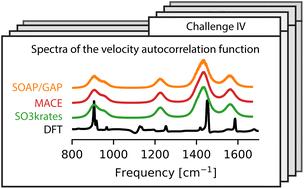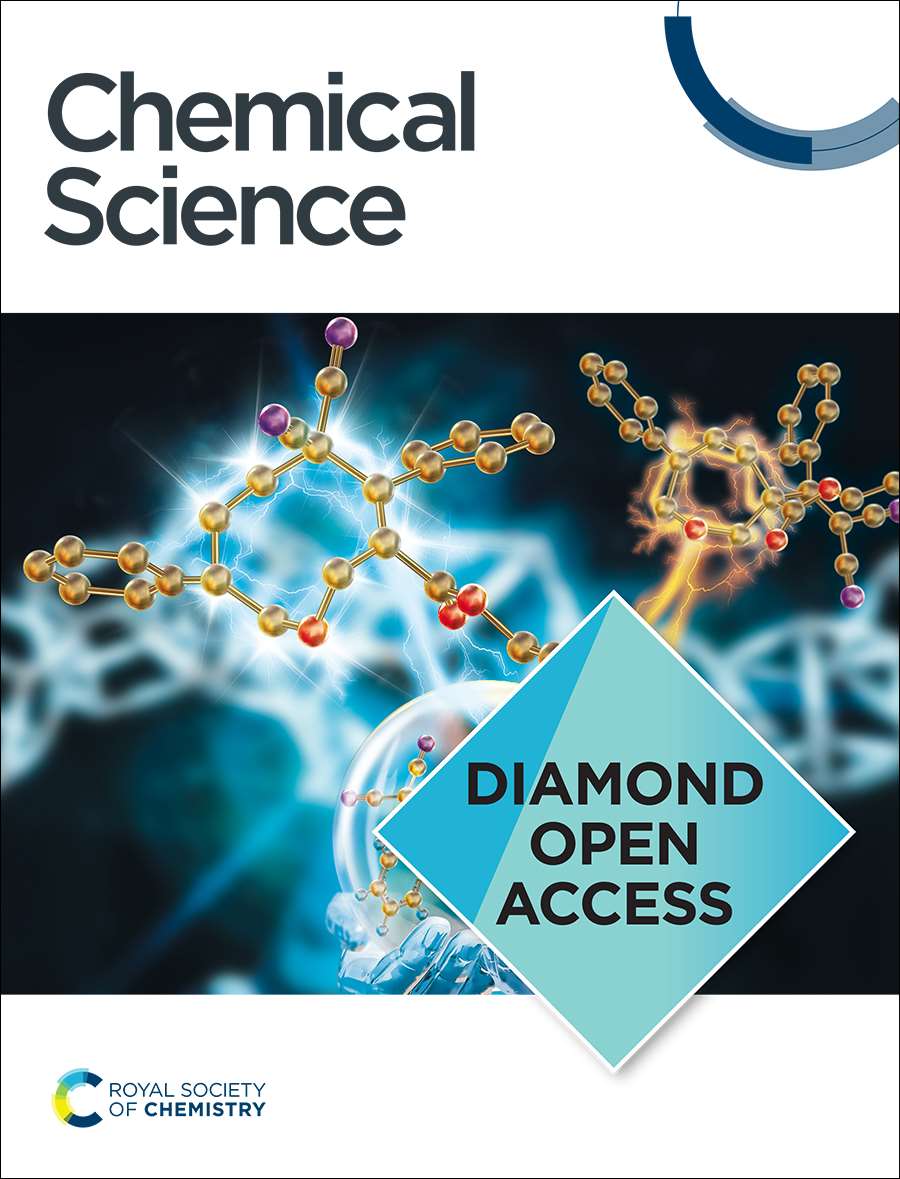Crash testing machine learning force fields for molecules, materials, and interfaces: molecular dynamics in the TEA challenge 2023
IF 7.6
1区 化学
Q1 CHEMISTRY, MULTIDISCIPLINARY
引用次数: 0
Abstract
We present the second part of the rigorous evaluation of modern machine learning force fields (MLFFs) within the TEA Challenge 2023. This study provides an in-depth analysis of the performance of MACE, SO3krates, sGDML, SOAP/GAP, and FCHL19* in modeling molecules, molecule-surface interfaces, and periodic materials. We compare observables obtained from molecular dynamics (MD) simulations using different MLFFs under identical conditions. Where applicable, density-functional theory (DFT) or experiment serves as a reference to reliably assess the performance of the ML models. In the absence of DFT benchmarks, we conduct a comparative analysis based on results from various MLFF architectures. Our findings indicate that, at the current stage of MLFF development, the choice of ML model is in the hands of the practitioner. When a problem falls within the scope of a given MLFF architecture, the resulting simulations exhibit weak dependency on the specific architecture used. Instead, emphasis should be placed on developing complete, reliable, and representative training datasets. Nonetheless, long-range noncovalent interactions remain challenging for all MLFF models, necessitating special caution in simulations of physical systems where such interactions are prominent, such as molecule-surface interfaces. The findings presented here reflect the state of MLFF models as of October 2023.

分子、材料和界面的机器学习力场碰撞测试:2023 年 TEA 挑战中的分子动力学
本文章由计算机程序翻译,如有差异,请以英文原文为准。
求助全文
约1分钟内获得全文
求助全文
来源期刊

Chemical Science
CHEMISTRY, MULTIDISCIPLINARY-
CiteScore
14.40
自引率
4.80%
发文量
1352
审稿时长
2.1 months
期刊介绍:
Chemical Science is a journal that encompasses various disciplines within the chemical sciences. Its scope includes publishing ground-breaking research with significant implications for its respective field, as well as appealing to a wider audience in related areas. To be considered for publication, articles must showcase innovative and original advances in their field of study and be presented in a manner that is understandable to scientists from diverse backgrounds. However, the journal generally does not publish highly specialized research.
 求助内容:
求助内容: 应助结果提醒方式:
应助结果提醒方式:


